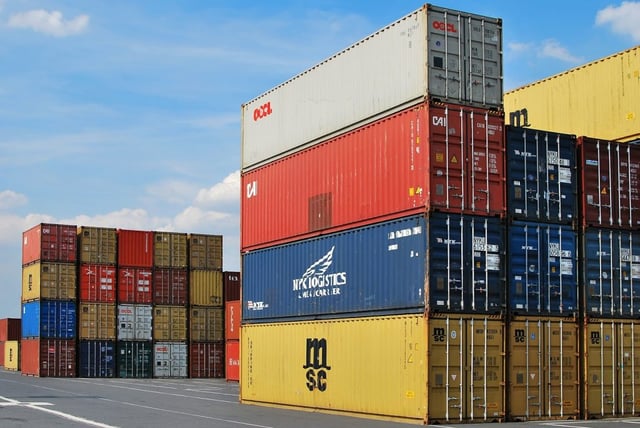The last two years have seen the biggest changes to the application of GST to cross border supplies since the GST commenced on 1 July 2000.
These changes have involved a myriad of amendments to various sections of the A New Tax System (Goods and Services Tax) Act 1999 (the GST Act) – changing both the basic rules and special rules – but have essentially been in line with one of two main themes:
- Extending GST liability to cross border supplies of goods and services to Australian, nonbusiness consumers – B2C: where there is net GST revenue; or
- Limiting the application of GST on supplies to non-resident businesses or from non-resident businesses to Australian business consumers – B2B: where there is (usually) no net GST revenue.
The paper they presented is excerpted in this post.
Andrew also appears at next month's National GST Intensive in Sydney, co-presenting the session 'Property Issues Coast to Coast', with Karen Dill-Macky (EY), examining some of the most complicated GST and property issues in the country. Find out more.
Andrew and Rebecca's paper points out that the extension of GST to cross border supplies to “Australian consumers” has been considered necessary to deal with the ever changing commercial and technological landscape that has brought us online shopping and digital content.
Retailers had been calling for “a leveling of the playing field” and Treasury have been wanting to reduce “the tax gap” – the amount of consumption expenditure that is not subject to GST. We have therefore ended up with the ‘Netflix tax’ for ‘imported’ services which commenced on 1 July 2017 and ‘Gerry’s tax’ – the extension of GST to low value imported goods, which commenced 1 July 2018.
The B2B cross border changes went the opposite way - removing GST liability on certain cross border, business-to-business supplies – supplies to “Australian-based business recipients”. These changes, most of which commenced on 1 October 2016, were aimed at ensuring non-residents were not caught in the GST regime where the GST on supplies by them or to them would be revenue neutral (or, if not revenue neutral, could be “reverse charged” by Australian business).
Despite such laudable aims, and most changes being very welcome, there has been some controversy in these changes and the practical application of particular measures. In their paper Andrew and Rebecca explore the changes to the rules relating to the application of GST to cross border supplies, and highlight some of the impacts, issues and practical solutions.
The paper looks at the new ‘GST PE’ test and its practical application, and disconnected’ supplies - the nature of disconnections, supplies of goods installed or assembled in Australia, the flipside – wider reverse charge liability, and double tax risks.
It covers the wider GST-free services exemption, provisions to Australian-based business recipient of the supply, and possible reverse charge issues.
Looking at the ‘Netflix tax’ – extending GST to imported digital products & services, the paper looks at the unlevel virtual field, the GST amendments, and simplified GST registration for non-resident businesses
Andrew and Renbecca also cover 'Gerry’s tax' – the extension of GST to low value imported goods, looking at the complaint by Gerry Harvey of Harvey Norman, the GST amendments, and the controversies and practical issues.
Finally, it visits a number of other ‘GST cross border’ changes, including estimating international transport and insurance costs for customs value, GST-free treatment for repairs of goods under warranty, and the removal of registration requirements for non-residents making only GST-free supplies.
The paper is available for download here (PDF). Subscribers to the Tax Knowledge eXchange can access thousands of other related, relevant papers and articles on our website. Find out more.
 |
| Andrew Howe, CTA and Rebecca Lawrence |
Andrew Howe, CTA, heads Greenwoods & Herbert Smith Freehills’ GST practice, bringing 20 years' of experience to his role advising clients on GST issues, ATO audits and major corporate transactions. A prominent GST expert with a solid legal background, he joined Greenwoods in 2002 and became a Director in 2004. Andrew’s expertise and in-depth knowledge of GST matters spans a range of industries, with a focus on real estate and financial services.
Rebecca Lawrence is a Senior Associate in the Sydney office of Greenwoods & Herbert Smith Freehills. Rebecca provides GST advice to clients operating across a wide range of sectors and industries. Prior to joining Greenwoods, she spent almost 15 years working in leading accounting firms in both Sydney and London and, more recently, almost two years in-house as an indirect tax specialist.
Hear more from Andrew at 2018's National GST Intensive, taking place 13–14 September at the Intercontinental Sydney.









